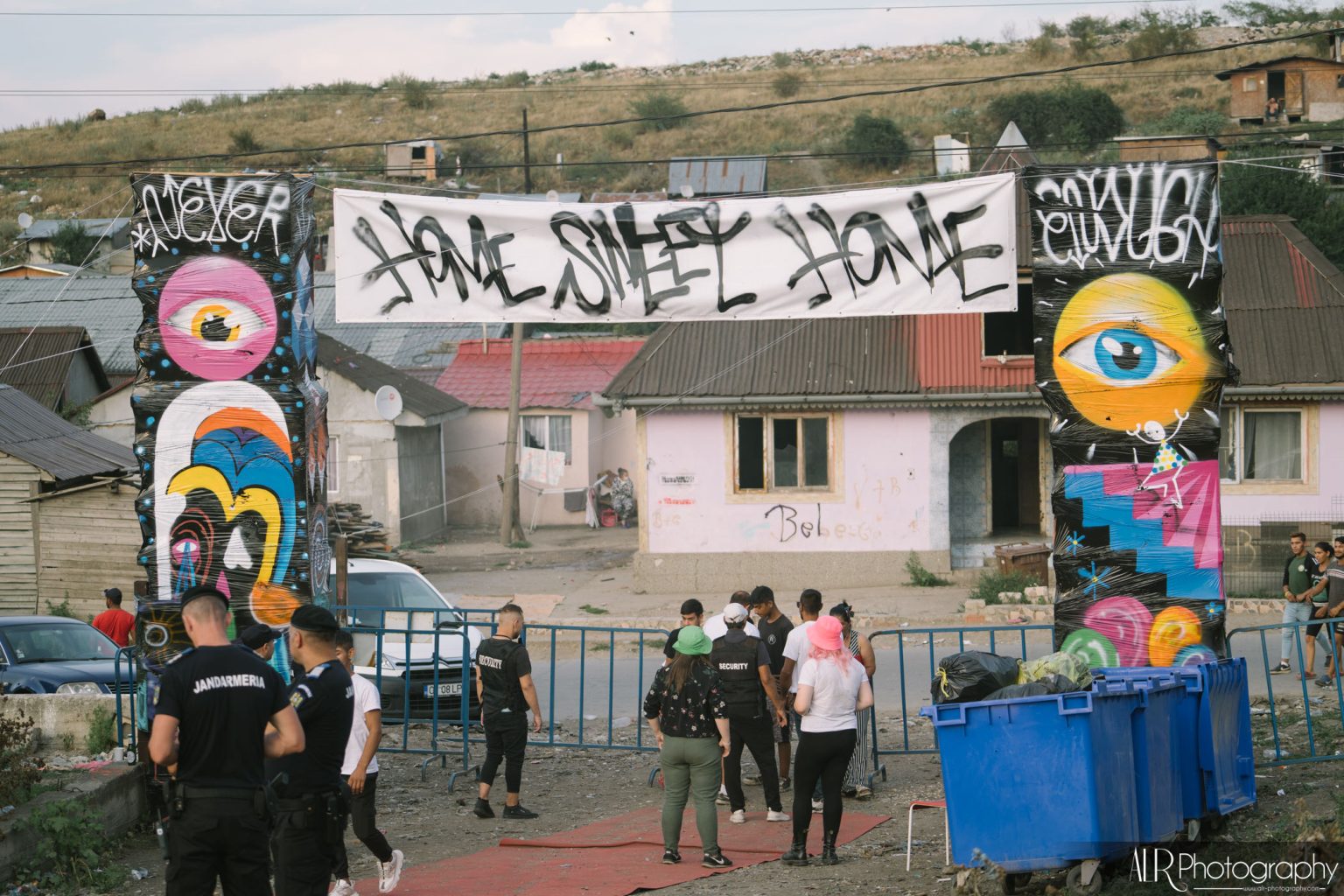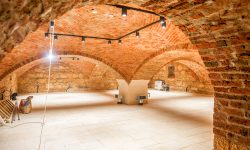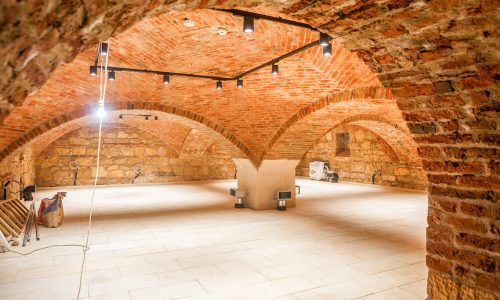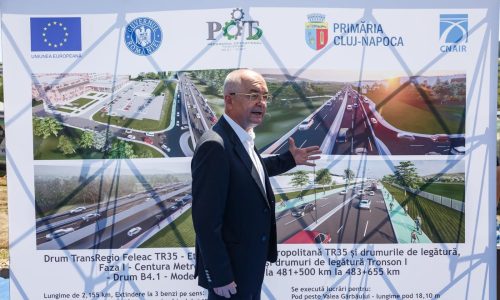Cluj-Napoca's City Hall is actively pushing forward a variety of projects and initiatives designed to support marginalized and disadvantaged individuals across all age groups. Deputy Mayor Dan Tarcea recently outlined the key aspects of these initiatives to ZIUA de CLUJ, detailing their beneficiaries and current implementation stages.
“A significant portion of our efforts is aimed at those in need,” Tarcea explains. “Through the Directorate of Social and Medical Assistance, alongside the Intercommunity Development Association, we are conducting multiple programmes to support socially marginalised groups.”
Among the noteworthy programmes is a concession that offers free public transport to all seniors over 70. Additionally, those with limited income can access free transport on selected lines. Furthermore, the city dispenses social vouchers through the ‘Program Alimente,' benefiting 400 individuals annually, including the disabled, persecuted individuals, low-income pensioners, the unemployed, and welfare recipients.
Another significant initiative includes rent assistance for single individuals and families at risk of social marginalisation. To date, 492 applications have been approved, assisting those who seek to rent but lack sufficient income, thus enabling them to secure better living conditions.
Dental care for Cluj residents with low incomes is also a major focus, in partnership with the Faculty of Dentistry. “We have hundreds of beneficiaries who receive basic dental care, ensuring that no one is deprived of necessary dental treatment due to financial constraints,” says Tarcea.
Home care services cater to the elderly, where currently, 13 individuals receive direct assistance, and over 50 have benefitted overall. The programme ensures daily necessities like groceries are provided for those unable to care for themselves.
Furthermore, the City Hall sponsors financial support for accredited associations and foundations providing social services. “Every year, we collaborate with social partners to address the needs of socially marginalised individuals,” Tarcea adds.
The Social Aid Canteen is another project, offering meals—some free and others at a minimal cost—to over 250 beneficiaries. In the colder months, over 1,500 individuals receive heating subsidies. For children from low-income families, 459 students are provided with free school supplies.

Specifically, for children from the Pata-Rât area, a targeted effort ensures daily school transport and a warm meal. The Parent and Child Resource Centre and the Socio-Medical Services Centre offer social and psychological services and rehabilitation for at least 69 children with neuropsychomotor and muscular disorders.
Violence prevention and combat centres also play a crucial role, providing shelter and counselling for victims of domestic violence. Additionally, approximately 2,400 individuals with disabilities receive monthly allowances, and a recent local council approval granted a special allowance of 600 lei to about 1,000 children with disabilities to cover treatment costs.
A Virtual Single Window service is also available to assist refugees, integrating them into the community seamlessly. Tarcea emphasised, “These are just a few of the initiatives we're implementing. We also have other social integration programmes for young people, like the First Room project for those exiting the social protection system and a scheme to prevent children at risk from being separated from their families.”



